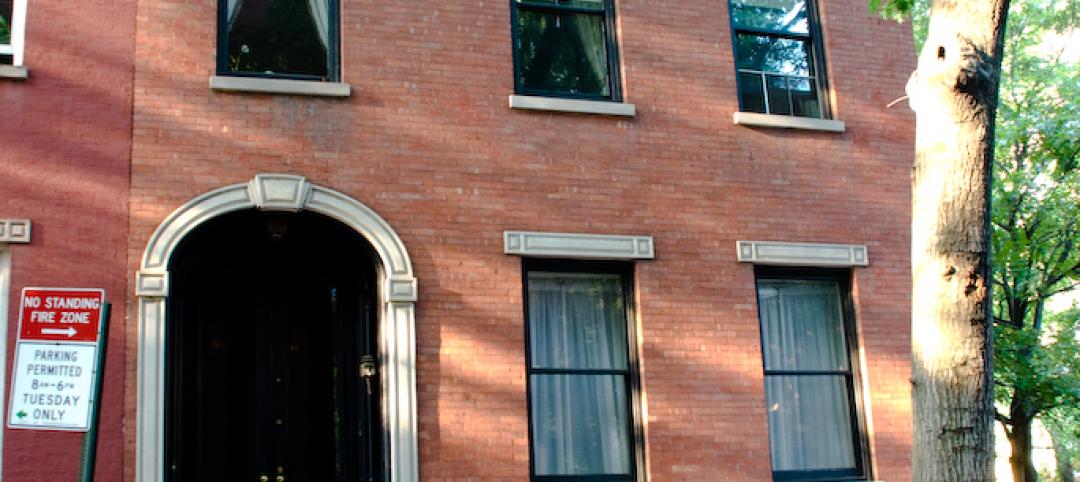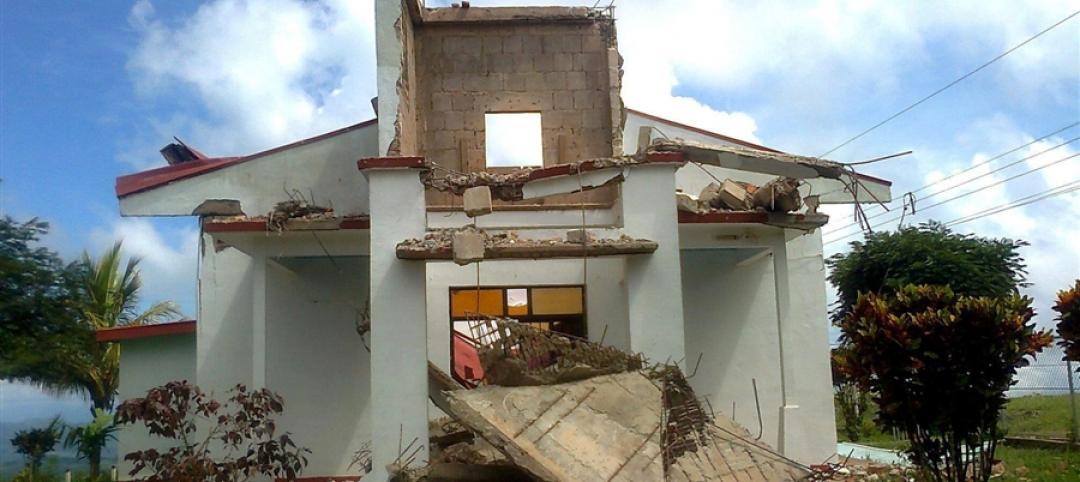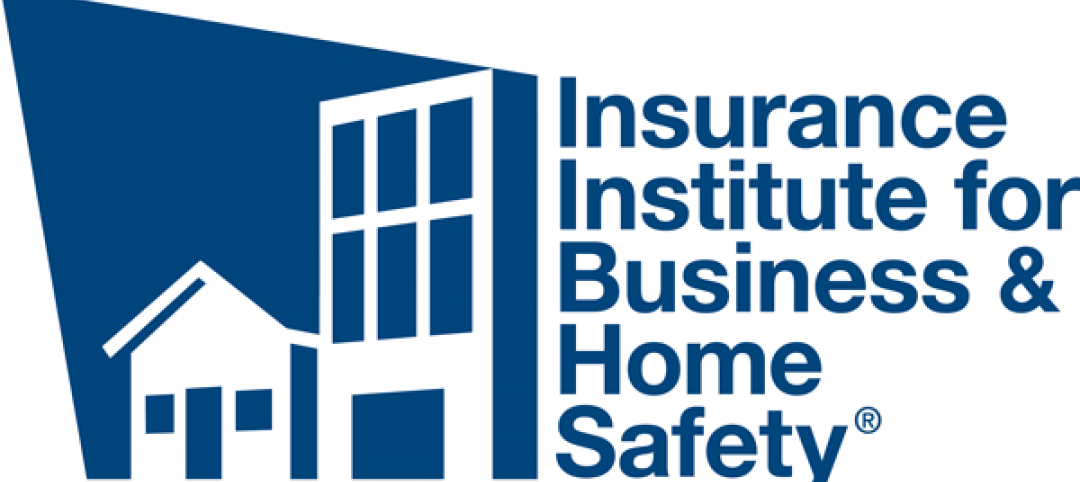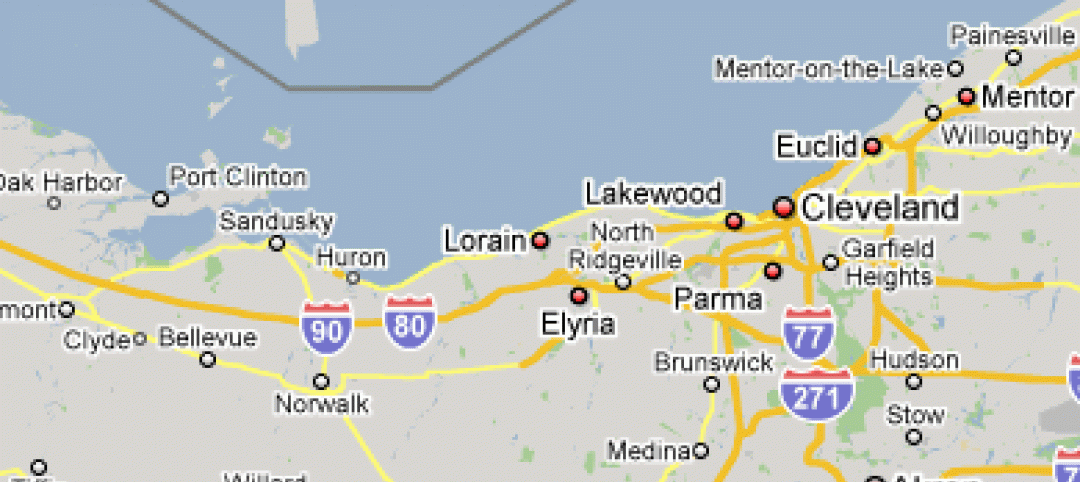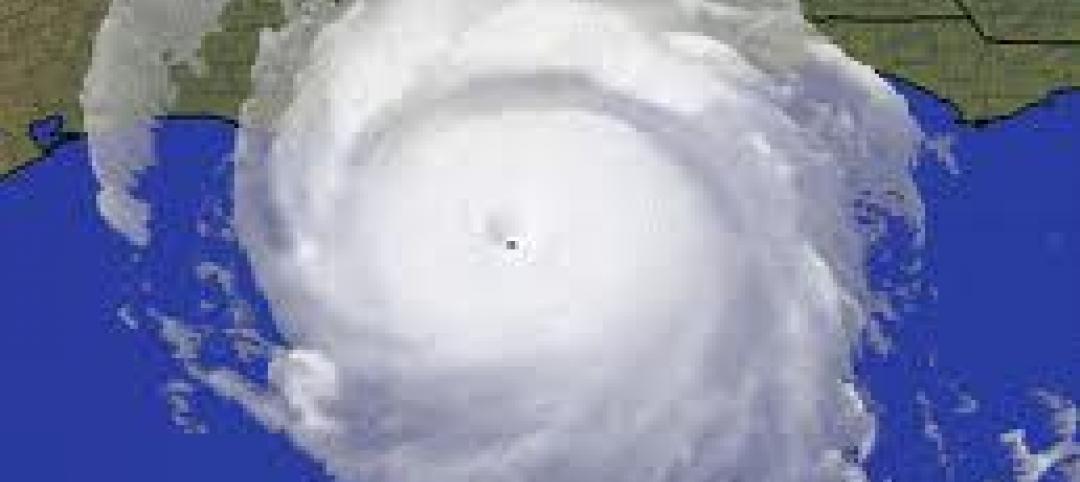Demand for design services from architecture firms began to stabilize in June, following their peak declines in April, according to a new report today from The American Institute of Architects (AIA).
AIA’s Architecture Billings Index (ABI) score for June was 40.0 compared to 32.0 in May. The May ABI score indicates that a significant share of architecture firms still saw their billings decline from May to June, however the share reporting declines slowed significantly. Index scores for new project inquiries and new design contracts also showed signs of stabilizing, posting scores of 49.3 and 44.0 respectively.
“While business conditions remained soft at firms across the country, those with a multifamily residential specialization saw the most positive signs,” said AIA Chief Economist Kermit Baker, PhD, Hon. AIA. “Unfortunately, conditions at firms with a commercial/industrial specialization are likely to remain weak for an extended period of time, until hospitality, office and retail facilities can fully reopen, and design demand for this space begins to increase.”
Key ABI figures for June include:
• Regional averages: Midwest (36.8); West (36.8); South (35.9); Northeast (34.2)
• Sector index breakdown: multi-family residential (44.7); institutional (38.9); mixed practice (35.3); commercial/industrial (30.1)
• Project inquiries index: 49.3
• Design contracts index: 44.0
The regional and sector categories are calculated as a three-month moving average, whereas the national index, design contracts and inquiries are monthly numbers.
Related Stories
| Sep 14, 2012
To create more pedestrian-friendly neighborhoods, Chicago unveils safety plan
As more urban mixed-use and residential developments aim to encourage residents to walk and use mass transit, cities are addressing pedestrian safety.
| Sep 14, 2012
Worker killed in Brooklyn building collapse; overloaded floor decking blamed
One worker was killed after he and others plunged 40 feet through an unfinished upscale Brooklyn townhouse building.
| Sep 14, 2012
NRCA University offers photovoltaic class
NRCA University will offer a class called “Photovoltaic Roof Systems: Energizing Your Business” Oct. 16 in Philadelphia.
| Sep 14, 2012
Costa Rica’s strict building codes prevent major damage in powerful quake
The relatively little damage from a 7.6 earthquake was due in large part to strict building codes in Costa Rica, a country that has long enjoyed more stability, better governance, and stronger economic development than many of its Central American neighbors.
| Sep 14, 2012
Building codes should require continuous connection from roof to foundation, says IBHS chief
“One of the most effective ways to greatly increase a building’s strength and safety during hurricanes, tornadoes and straight-line windstorms is to be sure the building is tied together properly,” says Julie Rochman, president and CEO of the Insurance Institute for Business & Home Safety (IBHS).
| Sep 7, 2012
Related Companies and unions agree to wage-cutting deal on Hudson Yards
The Related Companies has won wage-cutting agreements with four dozen construction unions in its efforts to save money on the $15 billion development of Hudson Yards.
| Sep 7, 2012
Lorain, Ohio considers halting downtown construction while it works out development plan
Construction would stop downtown for six months while Lorain, Ohio officials consider a development plan for the city, according to new legislation.
| Sep 7, 2012
Business, labor groups push for easing of California’s Environmental Quality Act
Business and labor groups have combined forces to push for a change to California's Environmental Quality Act, specifically its complex review process for building and construction projects.
| Sep 7, 2012
Twenty years later, Florida contractors cite Hurricane Andrew as construction game-changer
Remarking on the 20th anniversary of Hurricane Andrew, which devastated south Florida; contractors are noting the storm’s impact on their industry—including the state’s adoption of tougher building codes.
| Sep 7, 2012
At risk for nine types of natural disasters, Texas trails most coastal states on building codes
Texas has the most diverse weather risk in the country, with exposure to nine different types of natural disasters.




